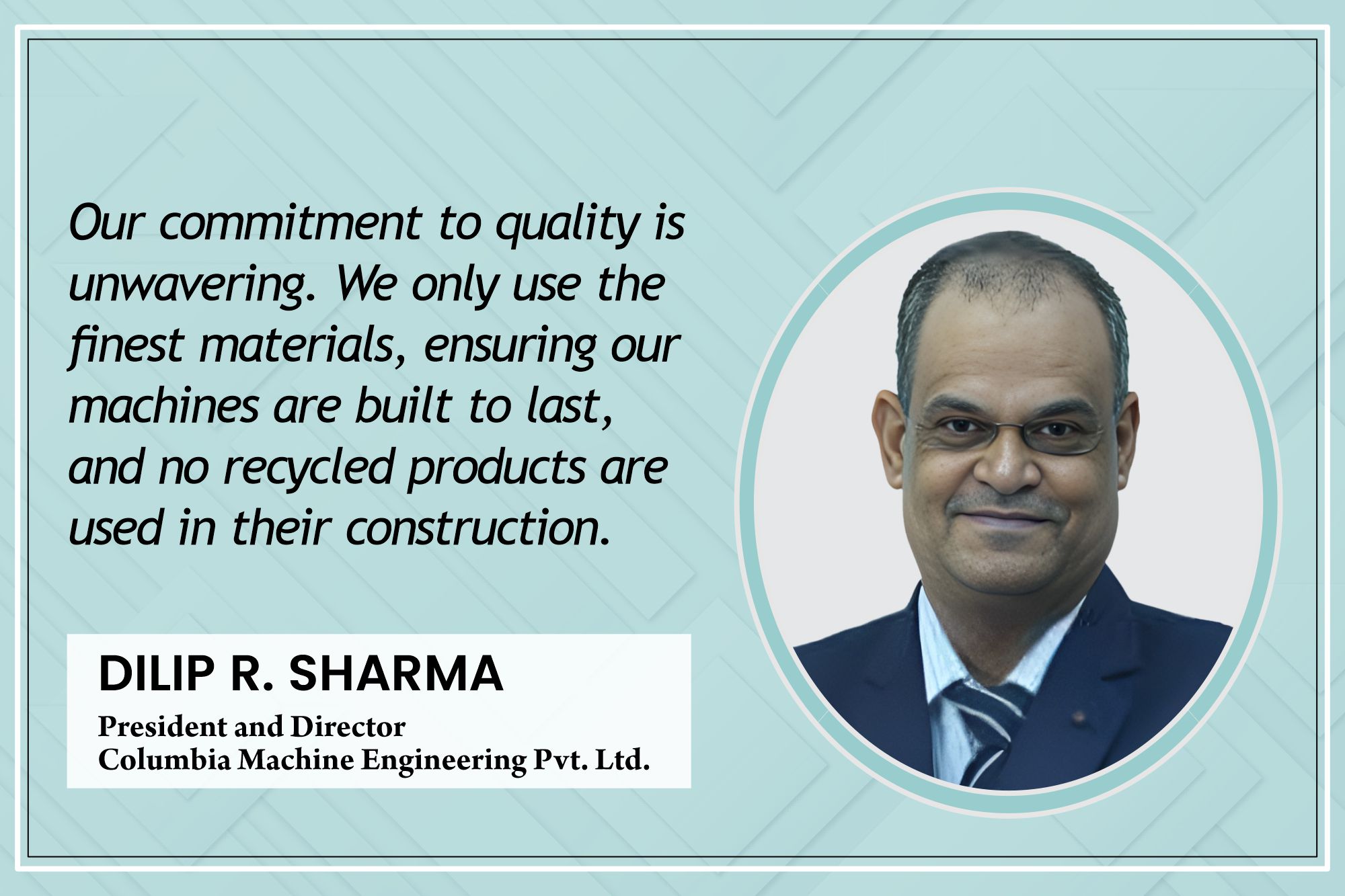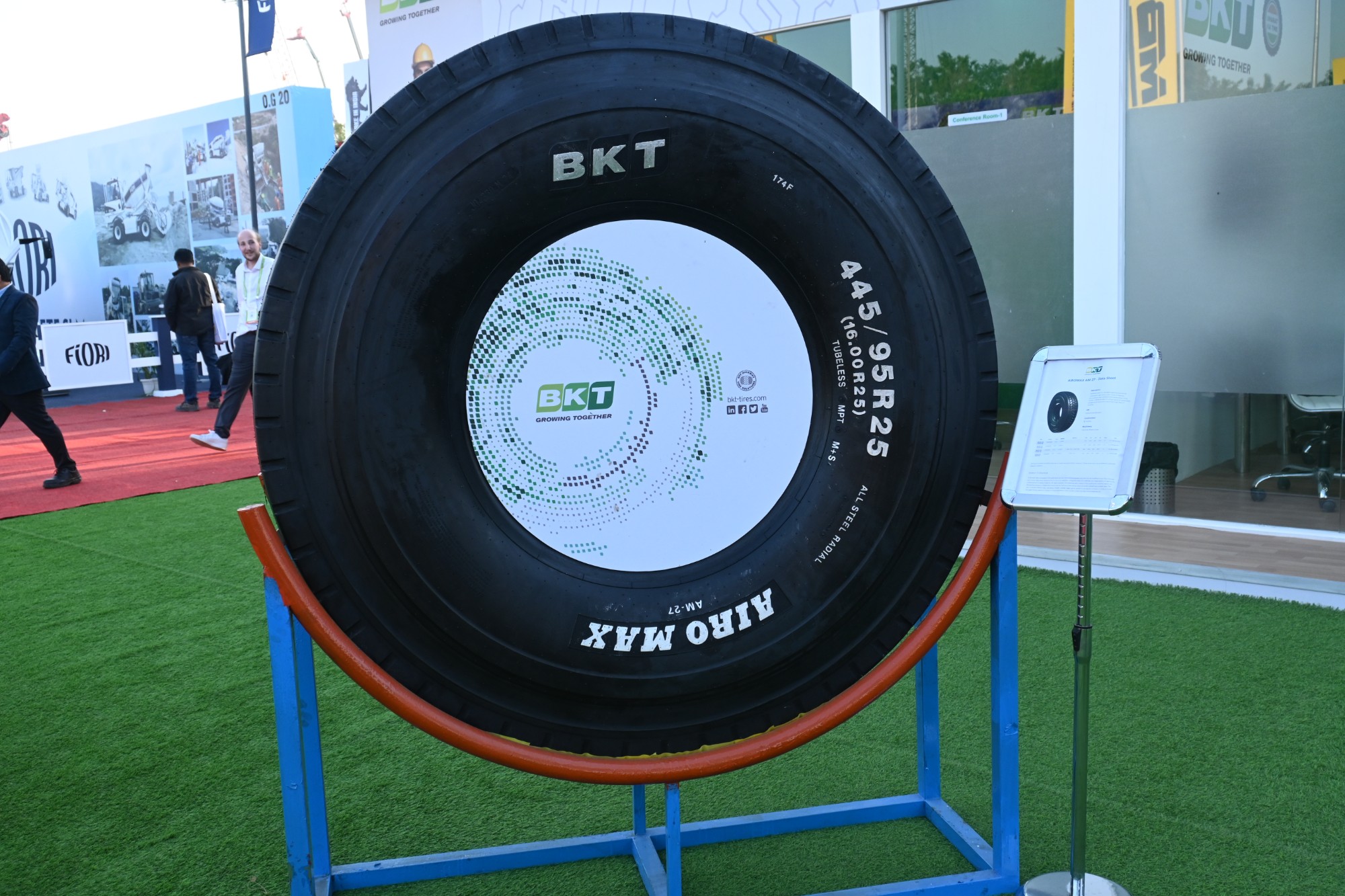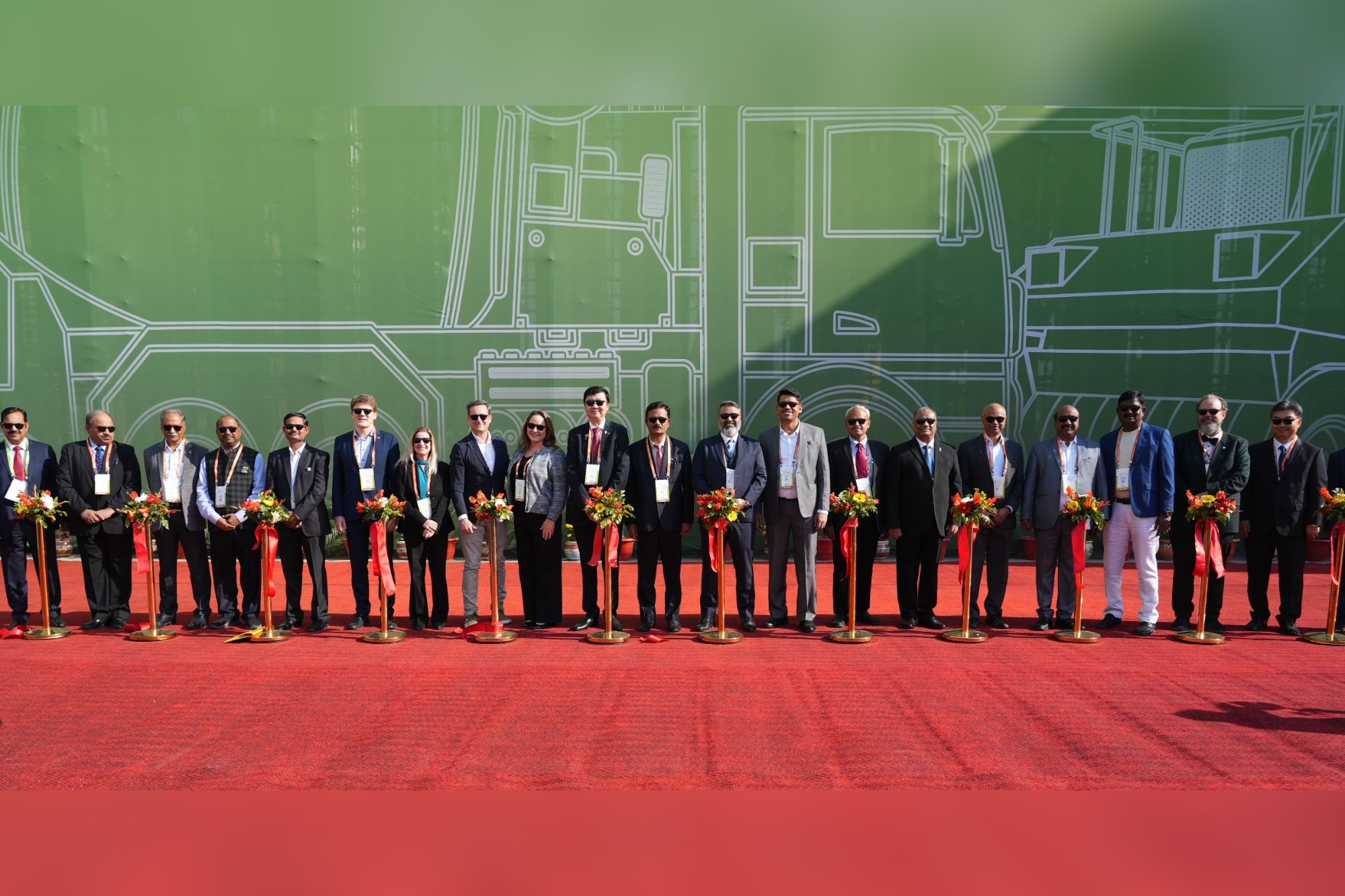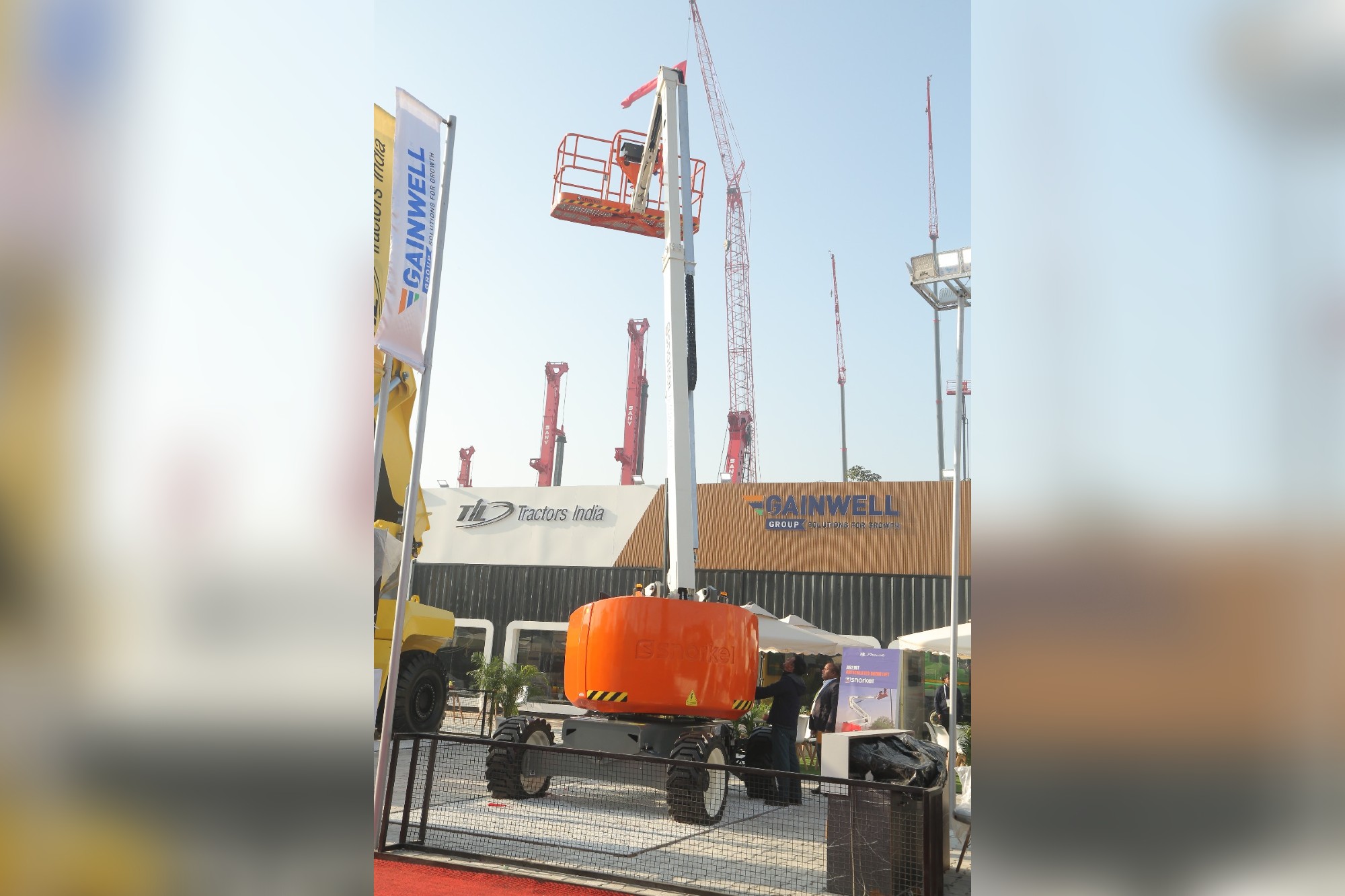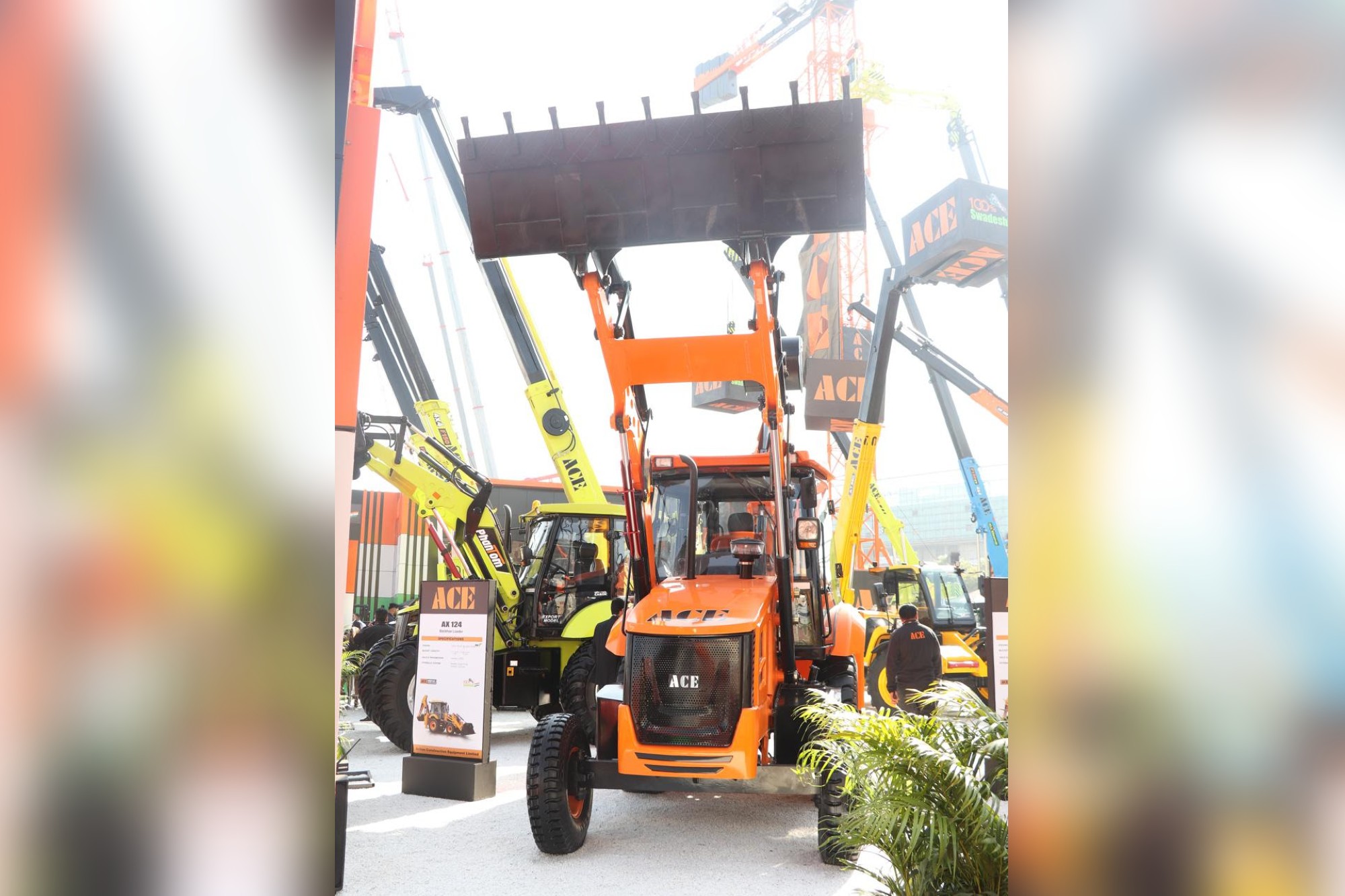Indian contractors are still tech-averse and avoid advanced electronics
By Staff Report | December 19, 2024 4:09 pm SHARE
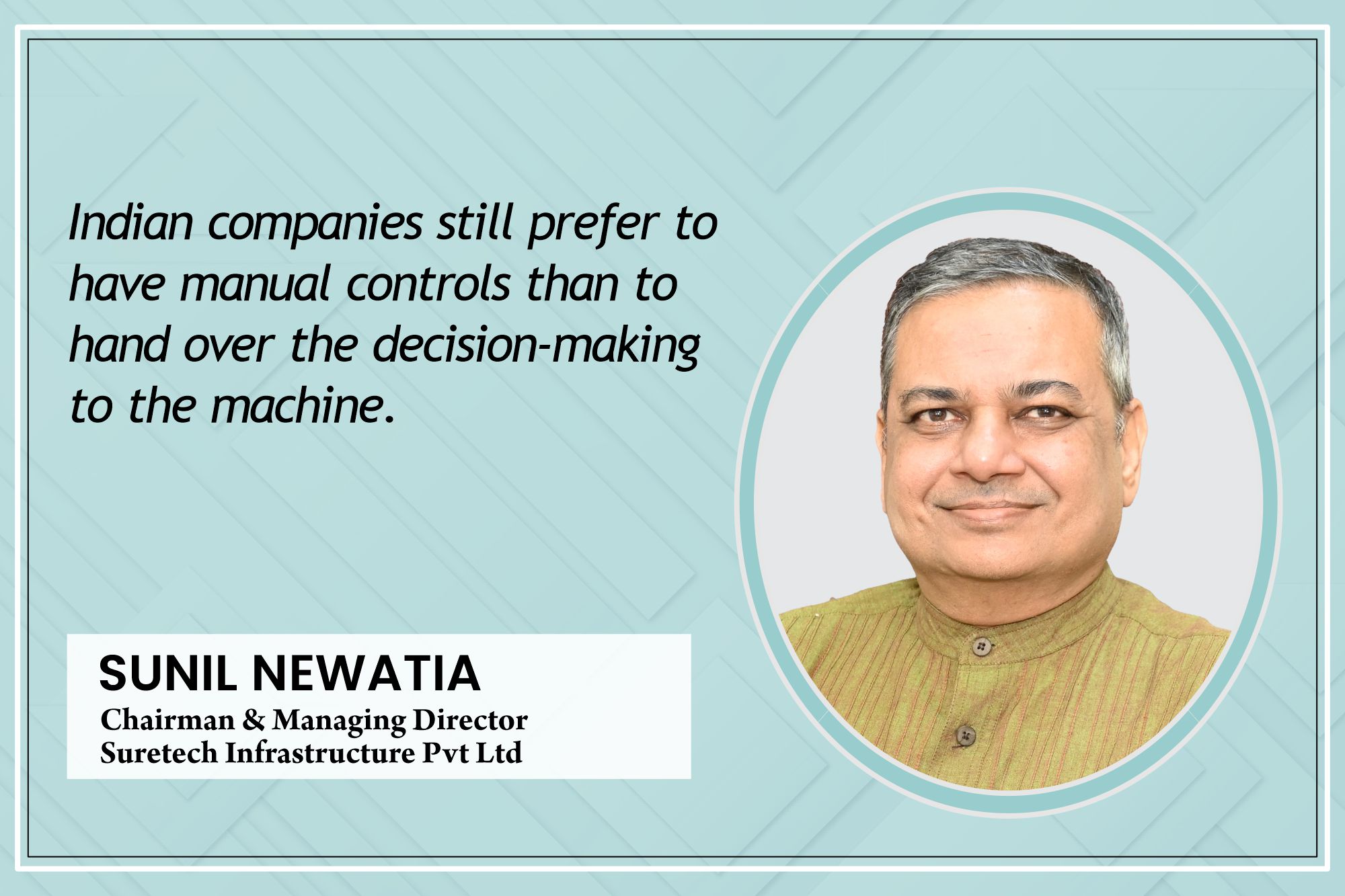
Despite rapid advancements in construction technology, Indian contractors remain hesitant to adopt electronics, AI, and IoT, preferring manual controls. High costs, unskilled operators, and shrinking project margins further hinder tech adoption, highlighting the need for a shift in mindset and market readiness.
Can you describe the latest innovations in your product line that will be showcased at bauma CONEXPO INDIA 2024?
We specialise in foundation engineering solutions, particularly in Vibro Hammers. In India, crane-hanging Vibro Hammers are quite popular, but there are better options for sheet piling jobs. We educate customers and promote the excavator-mounted Vibro Hammers, which are more suitable for such jobs. Coupled with Straight Booms, Goosenecks, and Boom Brackets, the excavator-mounted vibro hammers can be cost-effective for sheet piling jobs. Excavator Vibro Hammers are used for 90 percent of sheet piling jobs, while Crane hanging Vibros are preferred in India. These large machines consume more fuel, have higher operating costs, and raise the overall cost of sheet pile driving, which invariably impacts the project. EMVs are faster to set up and cheaper to run and do the job more efficiently. We are introducing our brand, Dr. Digger EMV, during bauma Conexpo.
How is your company integrating eco-friendly practices in areas like emissions control and energy consumption in your equipment?
Vibro Hammers help reduce energy consumption as they can drive piles much faster than a Rotary rig or an Impact Hammer. Advanced fuel-efficient engines and electric versions are all available in the global market but have yet to be introduced in India due to the absence of emission norms for construction equipment. No customer on their own shall opt for green machines owing to higher acquisition and operating costs. Indian Govt must bring in emission laws on lines of motor vehicles and wheeled equipment for all construction machinery to usher in the change.
Digital transformation, including AI, IoT, telematics, and automation, is a driving force in the industry. How are these technologies integrated into your products?
Indian contractors are still tech-averse and avoid advanced electronics. Indian companies still prefer to have manual controls rather than hand over the decision-making to the machine. Unskilled operators are one of the main reasons customers prefer equipment bereft of electronics / AI / IoT. The additional cost involved in providing these latest advancements is also not being accepted by the customers. The overall margins on project execution are dwindling while costs continuously increase, preventing AI’s introduction in construction equipment. We shall introduce these advancements and innovations when the Indian market is mature enough to absorb them.
What training programs does your company offer to help operators maximise your equipment’s capabilities?
Machine operators require a high degree of skill, not only in operating the equipment but also in maintaining it. Unfortunately, in India, equipment operators are mostly illiterate and trained on the job. It is critical that besides the machine operation, operators also understand soil dynamics, as any error while driving the piles can destroy the machine. Thus, training plays a very important part in our organisation; we train operators for ourselves and our customers. Operators are trained to operate the equipment, understand soil characteristics and equipment capabilities vis a vis different soil conditions, and, most importantly, machine maintenance. As the equipment is very sensitive, it requires a lot of attention and care while being used, and any slip-up can cause severe damage to the machine. Hence, this is the most important aspect of the operator training.
The equipment market is growing rapidly, but this brings challenges in building a robust component supplier and service provider ecosystem. How are you addressing these challenges?
Indian customers are adept at ‘Jugaad’ and, by some means or another, get alternative parts developed locally. These parts may not meet the quality standards or the life of original parts but are extremely low in cost. No customer wants genuine OEM spares except for critical hydraulic or electronic components. Besides, cheap Chinese components have flooded the market. It isn’t easy to attract overseas manufacturers to shop in India. One way out could be imposing an anti-dumping duty on Chinese imports, which would increase project execution costs.
Sustainability often extends beyond the use phase to include the entire equipment lifecycle, from design and manufacturing to end-of-life recycling. Can you share your approach to sustainability throughout the lifecycle of your products, including any innovations in materials, recycling, or circular economy initiatives?
Vibro Hammers have a very long life. We are still using a vibro hammer built almost 30 years ago! None of the vibro hammers that we have sold have yet been scrapped. Vibro Hammers can be refurbished and used for a long time, and at the end of their life cycle, which could easily be 30-35 years, all their components can be recycled. As we have yet to come across any equipment being scrapped, we have not yet prepared any program for its recycling.
What can attendees expect from your company’s presence regarding live demos or conference participation? Are there any specific highlights you would like to share with those attending?
We are in a very niche product segment. Our customers are aware of the technology and need no demonstrations. Secondly, it is not feasible to demonstrate our equipment in exhibitions as they can harm the show venue itself! We provide all information regarding the product, technology, its uses, and benefits on 1 to 1 basis at our stand. If any large company like L&T, Afcons, HCC, etc, needs our help, we organise a dedicated programme for them at their premise.
With India’s changing regulatory framework in construction, infrastructure, and mining sectors, how is your company adapting to ensure compliance while innovating?
The Indian government has been changing the emission norms, primarily for wheeled equipment; there have not been any regulations for other equipment, so we are not currently impacted. Electric versions of our equipment are now available in global markets, but owing to their very high cost and lack of interest in India, this technology is still a distant dream for us. Speedier implementation of ports, water management, and river and flood control are the areas that can help accelerate the product of growth.
For more information, visit: https://suretech.co.in/
Cookie Consent
We use cookies to personalize your experience. By continuing to visit this website you agree to our Terms & Conditions, Privacy Policy and Cookie Policy.



